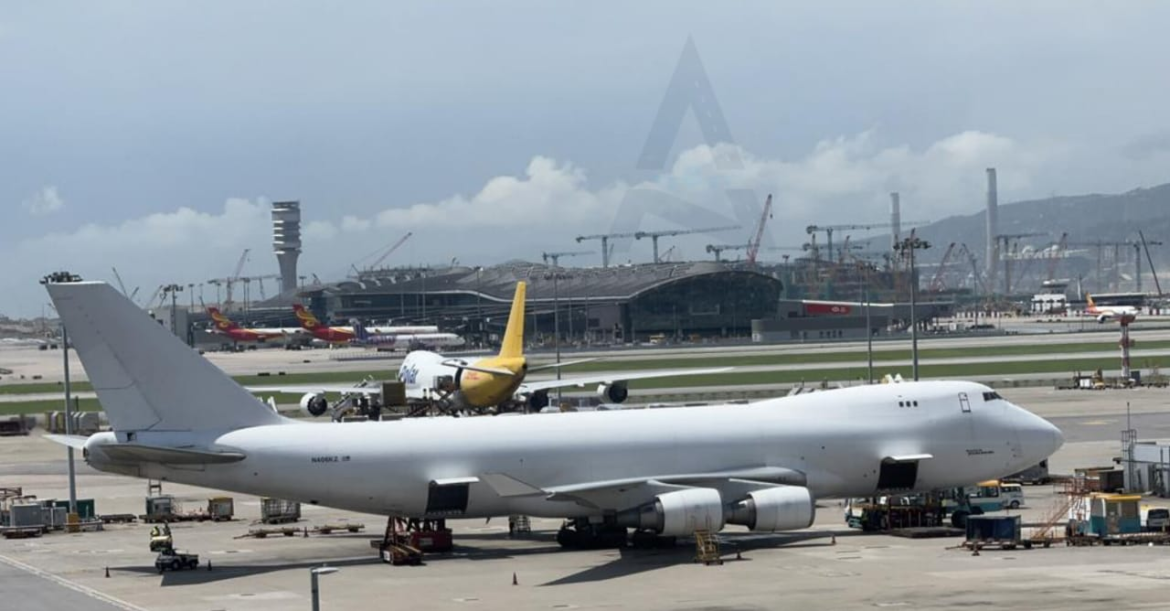Hong Kong aviation authorities are currently conducting a thorough investigation into a recent incident involving an Atlas Air Boeing 747-400F freighter aircraft. The focus of the inquiry lies on a significant hydraulic failure that occurred during a critical phase of the flight.
The incident, which unfolded during a routine cargo flight, prompted an emergency response from the flight crew as they grappled with the sudden loss of hydraulic system functionality. Hydraulic systems are vital components of an aircraft’s operation, essential for controlling various crucial functions including landing gear deployment and flight control surfaces.
Upon encountering the hydraulic failure, the flight crew executed emergency protocols swiftly, demonstrating their training and expertise in managing such challenging scenarios. Their decisive actions likely contributed to averting a more severe outcome during the incident.
The Boeing 747-400F freighter, operated by Atlas Air, is widely recognized for its robustness and capacity to handle extensive cargo operations globally. However, like all complex machines, it is subject to occasional technical failures which require rigorous investigation to identify root causes and prevent future occurrences.
In response to the incident, Hong Kong’s Civil Aviation Department (CAD) has initiated a detailed investigation to determine the exact cause of the hydraulic failure. Such investigations typically involve a comprehensive examination of the aircraft’s maintenance records, flight data recordings, and interviews with the flight crew to reconstruct the sequence of events leading up to the failure.
Safety remains paramount in aviation, and incidents such as these underscore the importance of continuous improvement in aircraft maintenance, operational procedures, and crew training. The findings from the investigation are expected to provide valuable insights that can enhance safety protocols not only for Atlas Air but across the broader aviation industry.
While hydraulic failures are rare, they are considered serious events due to their potential to impact an aircraft’s ability to maneuver and land safely. Aircraft manufacturers and operators place considerable emphasis on hydraulic system redundancy and reliability to mitigate such risks.
As the investigation progresses, stakeholders including Atlas Air, regulatory authorities, and aviation safety experts will closely collaborate to ensure transparency and accountability in addressing any findings or recommendations arising from the incident.
The outcome of the investigation is anticipated to contribute to ongoing efforts aimed at maintaining the highest standards of safety in commercial aviation. Lessons learned from incidents of this nature play a pivotal role in refining safety protocols and reinforcing the industry’s commitment to safeguarding passengers, crew, and cargo alike.
In conclusion, while the investigation into the Atlas Air 747-400F hydraulic failure remains ongoing, the aviation community remains vigilant in its pursuit of safety and operational excellence. Updates on the investigation’s findings are eagerly awaited, promising valuable insights that will further enhance the safety and reliability of global air transportation systems.

